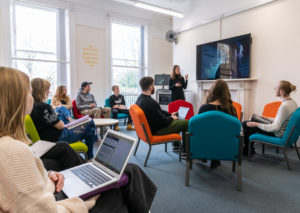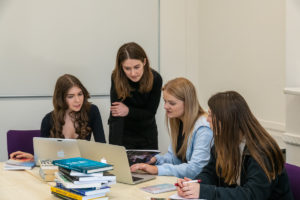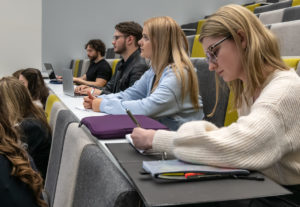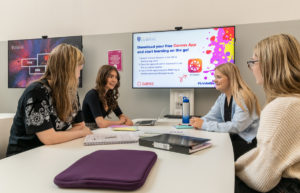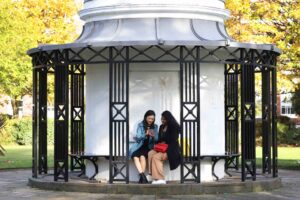About this course
The MA in Visual Culture offers an exciting opportunity to engage with current debates about visual culture in relation to the changes wrought by contemporary media on everyday life. We look at visual media such as photography and film, cultural institutions, such as museums and galleries, as well as ordinary, everyday cultural practices.
Introduction
We study the changes, and challenges for visual culture in the twenty-first century, while emphasising the importance of paying close, critical attention to visual artefacts and cultural experiences while situating them in a wider historical context.
As well as considering questions of visuality and examining images, the programme addresses questions of modernity and social change, ranging from experiences of everyday space, time and mobility, to the impacts of media on self and identity; how we access, ‘store’ or remember the past; and the broader environmental, infrastructural and social contexts of contemporary visual culture.
The programme is widely interdisciplinary in scope, drawing on perspectives from disciplines such as cultural studies, anthropology, Latin American studies, art and cultural history, cultural geography, urban studies, games and memory studies.
The programme is built around three core modules which focus on:
- The relationship of contemporary media and culture to past media and older cultural formations, and how historical media and technologies have shaped contemporary everyday life and underpinned a changing visual culture.
- The study of visual culture and media as socially-embedded forms of everyday cultural practice, engaging closely with theoretical perspectives on culture, space and everyday life and approaches drawn from visual and spatial anthropology.
- Research methods and approaches used in the study of visual culture, including writing as research, anthropological approaches, analysing photographs
You will develop skills that directly enhance employability, including applying critical thinking skills, giving presentations, data management, problem-solving, team-working and research design and implementation.
You’ll be able to pursue your own specific research/study interest visual culture via a 12,000-15,000 word dissertation and by choosing from a range of master’s-level module options offered by the Department and wider School.
Who is this course for?
The course will be of interest to students with an arts, humanities or social science background who wish to develop their theoretical, critical and historical understanding of visual culture, and to visual arts and culture professionals keen to reflect on and further develop their practice.
